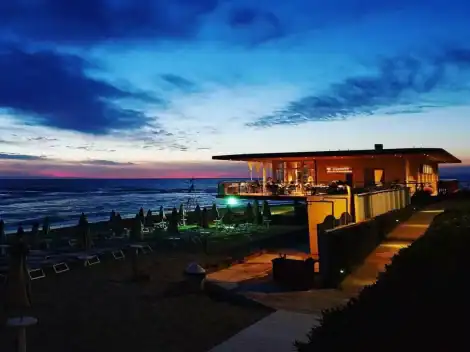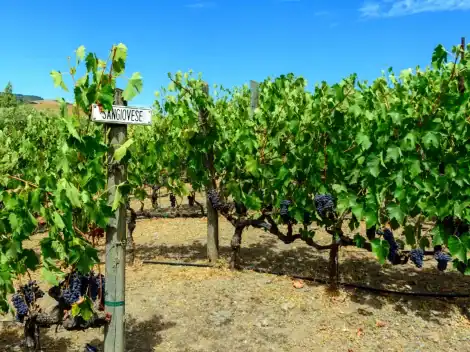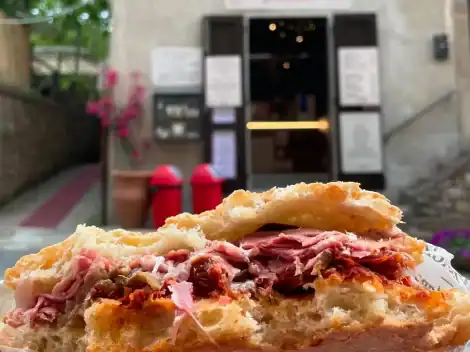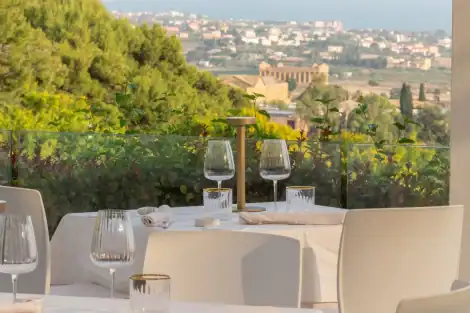Something has changed, but it's not just the Düsseldorf fair. There's more to it, and it concerns us all. The perception is clear as soon as we set foot in ProWein. We walk through pavilions 15 and 16, dedicated to Italy, then swiftly reach the first exit and join our French cousins, gathered between 9 and 10. The turnout is slow, steady, but somewhat indifferent for a fair of this scale. After a few minutes, we reach pavilion 5, dedicated to spirits. There are many more people than in the halls hosting renowned wine territories. The average age? Noticeably lower.
We had a similar scene a few weeks ago at Wine Paris, with the renewed space for spirits much more frequented than many pavilions hosting prestigious regions. In both cases, we felt a shiver down our spine. Yes, something seems to be stuck in the world of wine. And international trade fairs are just a reflection of a crisis whose full extent is not yet fully understood but generates fear and uncertainty. It's not just the declining export numbers everywhere or the shift in consumption patterns that worry, but the idea of a different perception of wine products, starting from a new usability and a different awareness of alcohol. Which is not yet clear, or at least difficult to read, considering the numerical success of fermented grape musts or the growth of various spirits. The risk is to mistake the symptom for the disease.
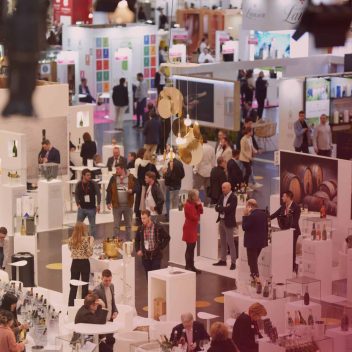
Fewer visitors, but ProWein is still alive
How did the Düsseldorf fair go? The 1,200 Italian producers present - Italy once again leading in numbers in this edition - returned with relatively little satisfaction on average. Yet, the overall feeling is that it went slightly better than the 2023 edition, which was plagued by strikes, but there was no hoped-for revival. The best day for meetings and business remained Monday, March 11, with a disappointing Tuesday, while the level of key operators remains high but stagnant, if not decreasing, for years.
"No other fair offers such a wide range as ProWein. All international wine regions are represented in Düsseldorf," says director Peter Schmitz warmly. "We are pleased not only to note the highest quality from the exhibitors but also to see high-level individuals coming to Düsseldorf from all over the world, including a growing number of decision-making managers." The numbers released by the fair speak of 47,000 visitors over the three days of the fair, 2,000 fewer than the 2023 edition, from 135 countries, and 5,400 exhibitors representing 65 nations.
"Be careful not to write off ProWein. There is certainly a current that wants to sink it, but the truth is that Wine Paris & Vinxepo Paris will not replace the clients that Düsseldorf brings," comments Flavio Geretto, commercial director of Villa Sandi. "It is true that Paris is perhaps better organized, this year I saw a management that is failing, and if they do not react, they will lose ground. Taxis that only accept cash, chemical toilets outside the pavilions, escalators standing still. But with great honesty, we must admit that there were many more Asian operators here than in Paris, also many operators from the United States and South America, in addition to a lot from Eastern Europe." Geretto then points the finger at the companies themselves: "I still see too many wineries that are not prepared for the fair, and you need to know how to do business, by moving around and gathering information. I still see a lot of people standing still, a passive attitude. What are they waiting for? Godot?"
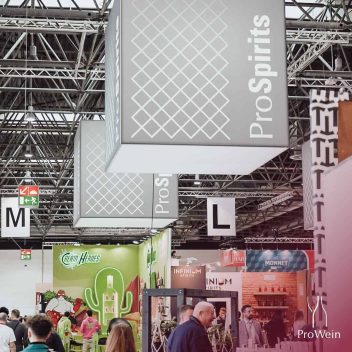
Comparison with Wine Paris
"Here on the left, there's a Consortium, on my right, two bottlers, there, one selling bag-in-box and bulk wine: ProWein is becoming this thing here, a fair for volumes. For the individual quality producer, it has become too expensive," says Luca Cuzziol, president of Cuzziol Grandi Vini and the Excellence club, which brings together the major Champagne importers in Italy. "Certainly, the main reason to come here, given the offer, is to explore the New World. But once again, Düsseldorf has shown that it does not want to support ProWein, with greatly inflated hotel rates and complicated air connections. And there's a historical problem, northern Europe is historically a market where the average price comes before quality, I think of Germany, the Baltic countries. This increasingly conditions the nature of the fair," he adds.
Next to him, Bruno Paillard of the famous Champagne house confirms how much more affordable the offer in Paris is, starting from hotel prices and transportation. Prowein managers, on the other hand, have emphasized the positive feedback from German exhibitors - comments that are confirmed by our tastings and interviews in pavilion 1 - praising the professionalism of the present operators and confirming an unparalleled international vocation. In general, there was great participation in the masterclasses and all those events where wine was presented in a different format than the usual tasting at the booth.
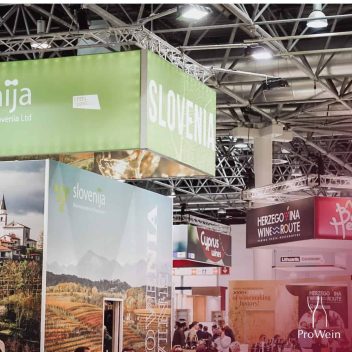
For Perrucci, a sad fair in a sad market
Straightforward and lucid is the thought of Gregory Perrucci of the Felline winery: "A sad fair. A difficult ProWein, uncertain and under the sign of threat (of a market in crisis, of absent operators, of strikes, and discomfort). And indeed, the eve was scarred by the numerous flights canceled by Lufthansa, which left many visitors stranded or caused countless delays and frustrations to those departing from all over the world. On the first day, it was clear that not only the attendance was lower, as well as the number of exhibitors, but also that the services were in disarray (no coffee distribution points, no water) and even the internal toilets were suppressed and replaced with 'container toilets' unique for men and women... Finally, the last day was marked by a strike of all public transport, which prevented regular attendance at the fair. Taxis were unavailable, trains for departure and return were canceled, as were many Lufthansa flights. The result: very few visitors and a general rush of exhibitors, desperately looking for a way out to return home." An inescapable conclusion: "If the world is in chaos, Germany is in total chaos, and for once we can say that we are not worse off than others in this Europe worn out by pandemic, warlike, energy, financial, and social emergencies. Even its cultural stronghold, which is wine, suffers the consequences."
And now it's Vinitaly's turn
Let's sum up. ProWein 2024 saw the defection of some high-quality producers, who gave vitality and resonance to the German fair. The feeling confirmed by our interviewees is that a fair for large companies is shaping up, leaving Wine Paris with a more focused character on medium and small businesses. Although Paris, despite the progress of the last two editions, maintains a strong French vocation - 3 out of 7 pavilions - both in terms of visitors and exhibitors. Commenting on both fairs, however, we do not see significant confirmation of the real perception that ProWein is now checkmated and Paris with full wind in its sails.
Be careful not to dismiss Düsseldorf, 10 years ago it was supposed to replace Vinitaly, today it seems to be on the decline for many. The story of the Verona fair ironically mirrors that of Canadian skater Steven Bradbury who won gold at the Salt Lake City Olympics in 2002. Starting last, but his competitors, in this case, ProWein and Wine Paris, fall one after the other in a dramatic way. And it finds itself, incredibly, crossing the finish line first.

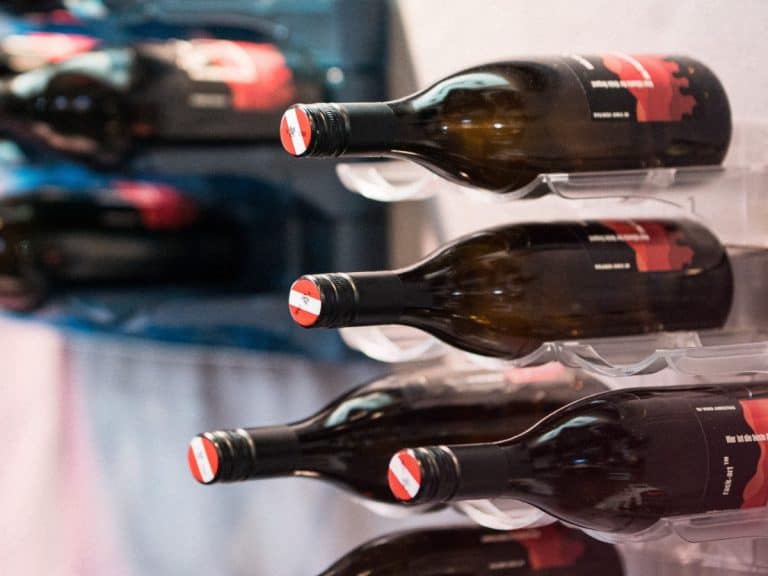
 “In Chianti, warehouses are full and prices are falling”. The economic crisis of Tuscan wine explained by Giovanni Busi
“In Chianti, warehouses are full and prices are falling”. The economic crisis of Tuscan wine explained by Giovanni Busi US tariffs will take effect on 1 August for everyone (including wine). Prosecco DOC: “it’s impossible to plan for the future
US tariffs will take effect on 1 August for everyone (including wine). Prosecco DOC: “it’s impossible to plan for the future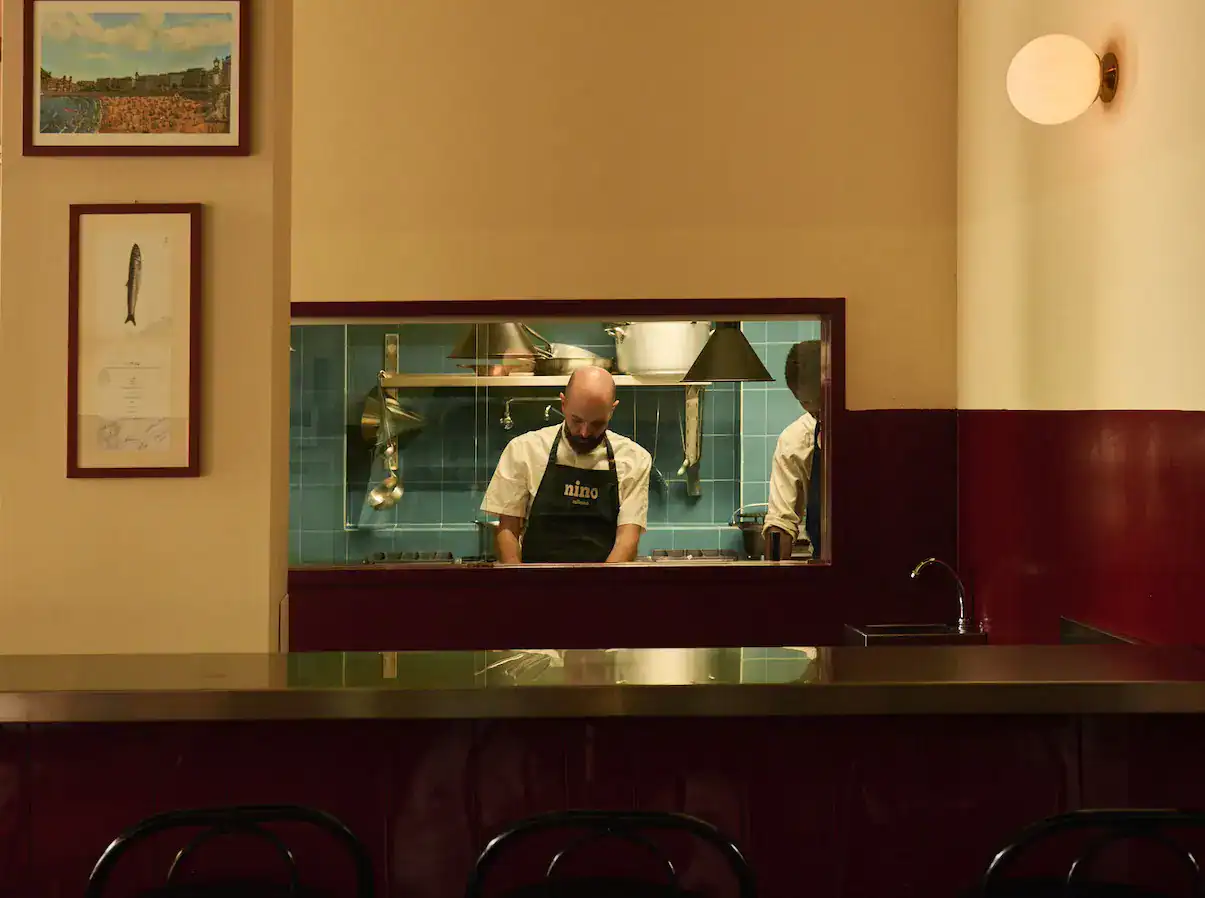 Diego Rossi of Trippa opens a new osteria: what you can eat at Nino Osteria con Cucina in Milan
Diego Rossi of Trippa opens a new osteria: what you can eat at Nino Osteria con Cucina in Milan How you eat at Sentiero, the restaurant Elba Island was missing
How you eat at Sentiero, the restaurant Elba Island was missing